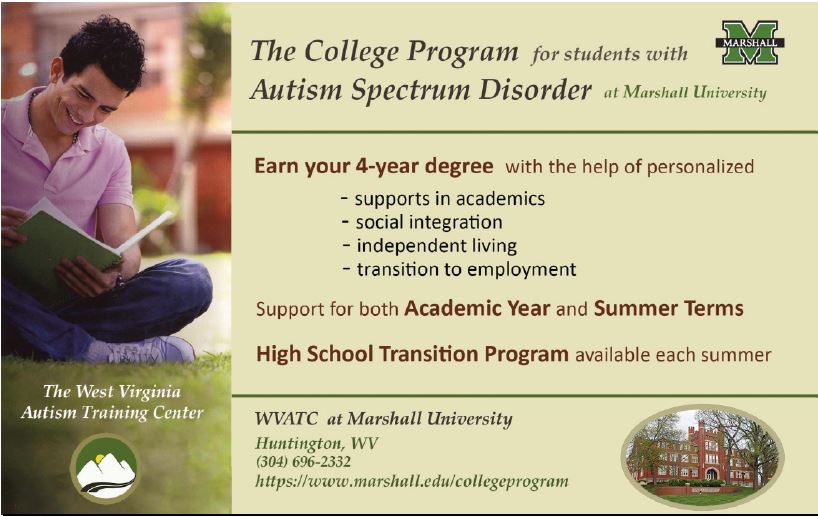WHAT'S HAPPENING
NEARLY A THIRD OF PHYSICIANS UNINFORMED ON RIGHTS OF DISABLED PATIENTS
More than 30 years after the passage of the ADA, a new study finds that many clinicians still don't know how to provide accessible care.
"Despite the fact that people with disabilities make up 25% of the population, they often face barriers to basic healthcare services such as physical exams, weighing and effective communication with their physicians," said lead author Dr. Lisa Izzoni of the Mongan Health Institute. Center for Policy Research at Massachusetts General Hospital in Boston.
"To achieve more equitable and social care for patients with disabilities, significant improvements are needed to educate clinicians about making health care delivery systems more accessible and inclusive," she said in a hospital news release.
For the study, researchers surveyed 714 US outpatient doctors. Thirty-six percent know little or nothing about the legal requirements for patients with disabilities. More than 70% did not know who would determine what reasonable accommodations would be required to provide equitable care. "The lack of knowledge about who makes residency decisions raises troubling questions about health care quality and fairness," Azzouni said.
The survey found that 21% did not know who was obligated to pay the required accommodation costs and 68% said they believed they were at risk of ADA lawsuits.
Azzouni said that previous studies have found that individuals with mobility problems are examined in wheelchairs rather than taken to an examination table, which has resulted in substandard care and delayed diagnosis. "All patients with disabilities should ask their doctor's office staff about meeting their needs and preferences when making an appointment," Azzoni said. "Physician practices should keep this information in electronic health records and always ask at the time of determination whether or not these are needs. Preferences have changed."
Researchers called for more training of physicians about the rights of patients with disabilities and their responsibilities under the ADA. They said that training should start in medical school and be part of a physician's continuing medical education.
"Medical schools are currently training students about combating racism, and there should also be training in combating discrimination against people with disability, also known as 'ableism,'" said senior author Eric Campbell, a survey scientist at the University of Colorado, who studies access to care for patients with disabilities.
The findings were published January 4 in Health Affairs. •
